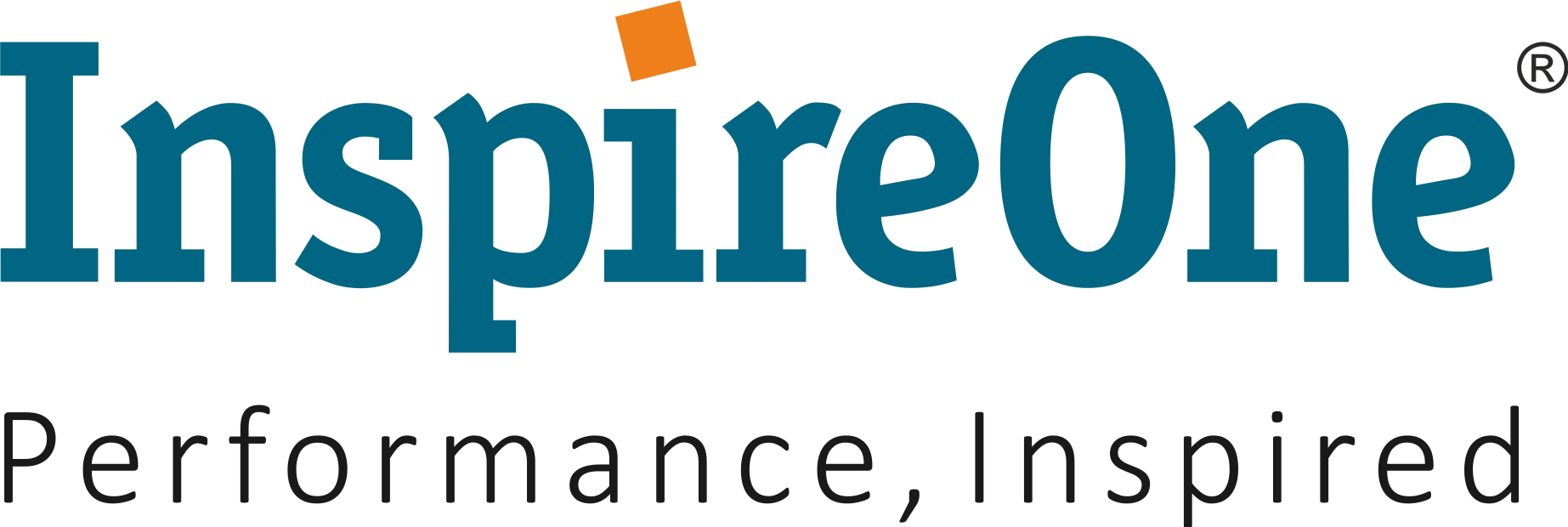Being a First Time Manager, is the first step for any professional into the role of a manager.
Any change is highly disrupting, and so it is for a new/first time manager. The transition requires change at various levels, the emotional response to the uncertainty of “what lies ahead for me in this new role, how will I develop for it, how will I manage my goals, role and time as a as a manager”.
If the FTM is not supported and developed to deal with these, the transition can be arduous, long, and ineffective in most cases.
The usual flow of change as Kubler Ross described it, follows the stages of denial, resistance, commitment, and exploration. Going through this ebb and flow of change, a transitioning manager usually takes about 18 months to settle and start being productive in the new role.
A Gartner surveys indicate that, 49% of people promoted within their own companies underperform up to 18 months after those moves, and McKinsey reports that 27% to 46% of executives who transition are regarded as failures or disappointments two years later.
That is a worrying statistic and number and a drain on the company’s resources and productivity.
For over 2 decades now InspireOne has partnered with organisations, to help them manage this transition effectively and to reduce the time to be productive for the First Time Managers. Sustained efforts by the organisations enabled a higher percentage of FTMs to be successful in their roles and in a shorter time.
Through this experience and empirical research, InspireOne has developed and deployed a framework, development processes, and ecosystem drivers that smoothen and facilitate the transition of an Individual Contributor (IC) to First Time Manager (FTM) role.
Understanding that the FTM and future managerial roles necessitate managing multiple stakeholders and their expectations is the core part of these roles, is the most significant shift that is needed. Thereafter developing the skills to manage and deliver on those stakeholder expectations and specially those of the team members, when done well, enhances the productivity, engagement, and energy of each team member. The powerful output of this is also, earning team members’ respect and trust and a positive team culture, navigating through problem situations, and making the right decisions etc.
As these capabilities build up with experience and knowledge, it creates a leader. Therefore, it is critical for any organization to create the right learning path for individuals to make this journey smooth.
In our projects with various organizations, on building managerial capability of FTM’s, we have seen a difference in POV of the leaders/ supervisors as against the individuals who have transitioned. Where the expectation of the org leaders is for individual to develop a business perspective and develop a big picture thinking, the FTM’s still struggle with the basics of getting people to work and take ownership, driving performance and managing the different stakeholders they now must work with.
Because of this challenge that the FTMs face, they often get drawn into execution themselves, thus killing the whole essence of the managerial role. This often leads to the next big challenge of not knowing / not being able to prioritize self and managerial tasks. This starts the vicious cycle of stretch working and finally burnout.
In the year 2021-22, we have had the opportunity to work with several start-ups. Start-ups begin with a small set of founding members. As the organization grows and expands, new layers are added in the system. The founders grow organically within the organization to lead the layers under them. As these leaders rise in their careers, they develop high levels of functional expertise and handle most of the key clients and operations. However, a key challenge that remains is their people management skills. This restricts their effectiveness and organisation builders and multipliers. They seldom go through the process of understanding the managerial role and its unique requirements. Their capabilities of managing people, building ownership, and driving performance, empowering, and developing talent, displaying empathy, engaging, and motivating team and building a team culture emerge as key development areas.
FTMs today are also older millennials/ young Gen Xs with a mix of Gen X and Millennial mindset and ideology. However, the people they manager are young millennials. Transitioning into managing millennials calls for an agile and evolving mindset. Millennials now comprise a significant portion of the workforce, and they walk to their own beat. They are revolutionizing work culture, and managers must acknowledge their workstyles, especially because by the year 2030, 75% of the workforce will be millennials. For managers to thrive in the years to come, they must rethink their people strategies, modifying the spirit of the workplace, initiating revolutionary development processes, and building engagement models that are interactive, values-based, and flexible.
We at InspireOne, understand the inherent and evolving challenges of the FTMs and where they stem from. We also understand that the change required for managerial effectiveness is not just behavioural but involves management of one’s own emotions through the roller coaster of this change. Our managerial effectiveness program for FTM has already benefitted several IT start-ups and Global and Indian clients from the manufacturing and FMCG industry. A deep dive methodology based on the Making Learning Stick Framework ensures learning retention. Our design principle focusses on building the competencies essential for the FTM’s aligned to the organization’s requirements and individuals’ specific development areas.
References:
https://www.forbes.com/sites/forbescoachescouncil/2020/02/13/managing-millennials-in-the-workplace/?sh=3502b96051a9
https://hbr.org/2021/11/how-to-succeed-quickly-in-a-new-role







